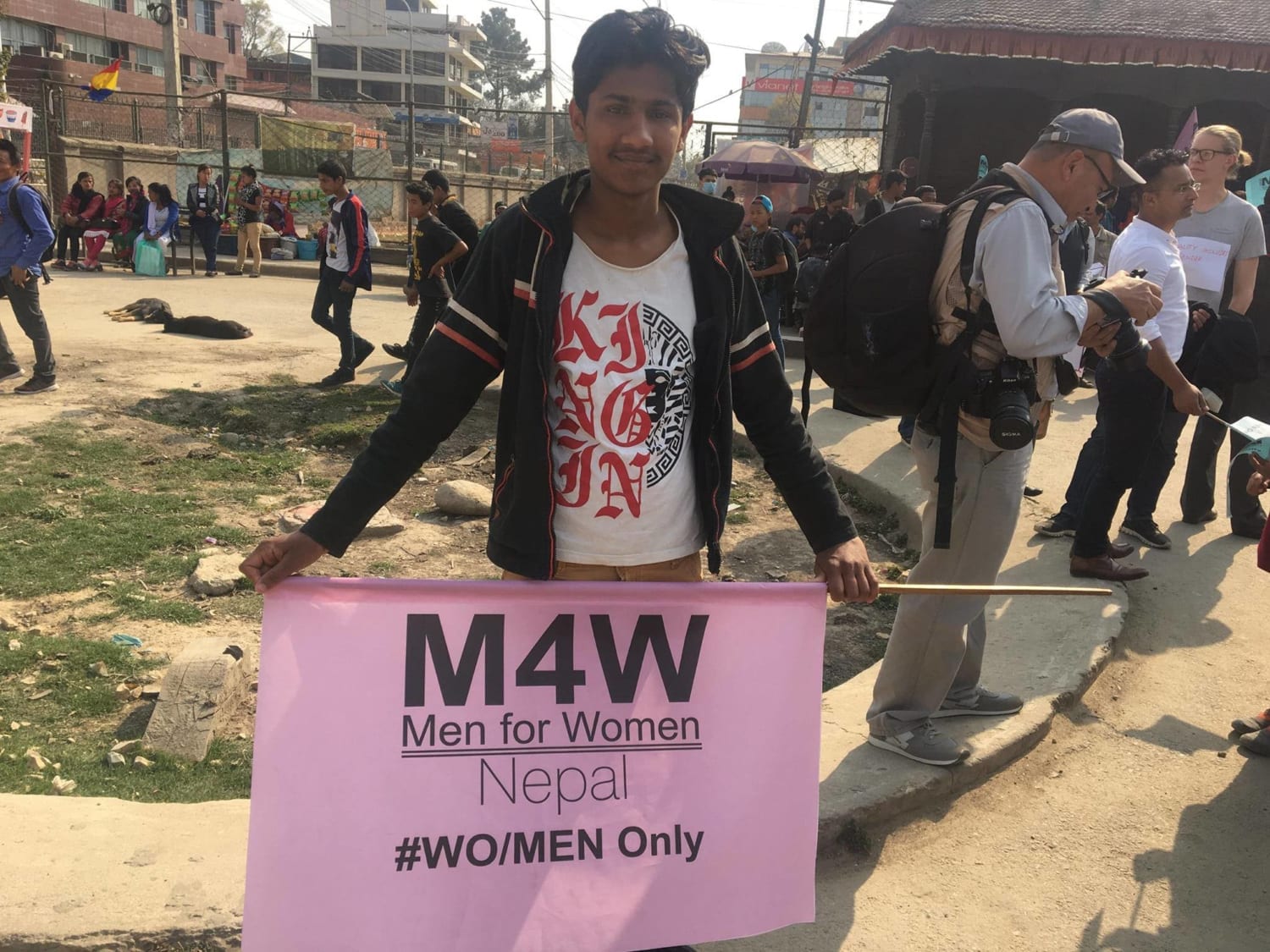

Evaluating a multi-component social behavior change communication strategy to reduce intimate partner violence
Many anti-violence programs aim to address the problem after it has happened. Change focused on prevention through SBCC radio programming with its Change Starts at Home program in Nepal. This article unpacks the strategy.
A Project of —
Nepal, Championing Gender Equality & Women’s Empowerment, Participatory Media & Technology, UK Department for International Development (DFID); Emory University; South African Medical Research Council (MRC)

Project Mission — Working with couples to prevent intimate partner violence in Nepal.
Change Starts at Home is a multi-component behaviour change communication and community engagement strategy designed to prevent IPV in Nepal. The results of the trial will be immediately useful for governmental, nongovernmental, and donor funded programs targeting partner violence or social norms that underpin it. Findings of the study will also contribute to global knowledge on the effectiveness of media and community engagement as a primary prevention strategy for IPV.”
Intimate partner violence (IPV) is a significant public health issue that affects 1 in 3 women globally and a similarly large number of women in Nepal. Over the past decade, important policy and programmatic steps have been taken to address violence against women in Nepal. There remains a dearth of evidence on the effectiveness of primary violence prevention strategies. The Change Starts at Home study begins to fill this gap by utilizing a social behavior change communication strategy involving a radio drama and community mobilization to shift attitudes, norms, and behaviors that underpin IPV perpetration in Nepal.
The name of the radio broadcast utilized through Change Starts at Home is Samajhdari, which is Nepali for mutual understanding. Samajhdari is a 30-minute drama focused on a highway hotel along the East West Highway in Nepal. The hotel is run by a couple who by national standards have a positive and gender-equitable relationship. The wife handles financial issues in the hotel, while the husband takes care of the customers and works in the kitchen. Their hotel is popular among travelers passing by, and the couple welcome different characters who meet to discuss and exchange stories about problems related to marriage, power, and gender identity. Local voices in the form of voxpops, interviews, and case studies are weaved in to the drama as visitors come to the hotel.
Existing literature suggests that interventions designed to change social norms can positively influence individual attitudes and practices around IPV. Interventions incorporating radio programs have shown increased knowledge and awareness about IPV, decreased endorsement of sexist attitudes, and increased joint household decision-making and communication about partner violence and sex. While no prior studies have investigated the role of radio on the prevention or reduction of IPV in Nepal, radio dramas have been shown to have effects on behavior change associated with other gendered health behaviors, such as family planning utilization. This report examines the promise of radio drama in preventing IPV.